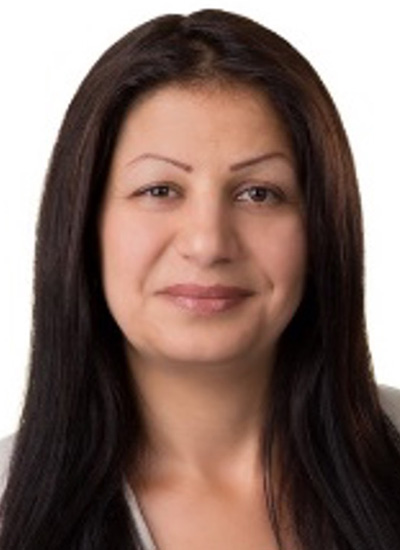Join the Machine Learning in Medical Imaging Consortium (MaLMIC) for a networking opportunity
Monthly Virtual Forum Series on Zoom
Friday, June 18, 2021
3:30 to 5:30 p.m. EDT
James White, a cardiologist, talked about the clinical perspective followed by two researchers, Fatemeh Zabihollahy and Fumin Guo, described their machine learning research in the area. This was followed by discussion focused on lessons learned, opportunities to collaborate and sharing of resources.
Monthly Virtual Forum Series on Zoom
Friday, June 18, 2021
3:30 to 5:30 p.m. EDT
James White, a cardiologist, talked about the clinical perspective followed by two researchers, Fatemeh Zabihollahy and Fumin Guo, described their machine learning research in the area. This was followed by discussion focused on lessons learned, opportunities to collaborate and sharing of resources.


Clinical applications of machine learning in cardiovascular imaging: from image creation through to patient outcomes
James White, MD
Director, Stephenson Cardiac Imaging Centre, Foothills Medical Centre
Talk summary: Machine learning (ML) has cemented its role in emulating tasks commonly encountered in clinical practice, most visibly those pertaining to image segmentation. However, the value of ML extends well beyond the replication of tedious image labelling to now include optimization of image reconstruction, assistance of disease classification, and prediction of future cardiovascular events. In this talk we highlighted emerging trends in the use of ML that are slated to alter the performance, interpretation and clinical use of cardiovascular imaging in the emerging era of personalized medicine.


Deep learning for automated segmentation of myocardial scar from 3-D MR images
Fatemeh Zabihollahy, PhD
Postdoctoral Research Fellow, Johns Hopkins University
Talk summary: Cardiovascular disease (CVD) is the leading cause of death worldwide, ischemic heart disease being a dominant contributor. These patients suffer irreversible myocardial scar from ischemia, inherently reducing cardiac function and leading to heart failure. Three-dimensional (3-D) late gadolinium enhancement magnetic resonance (LGE-MR) imaging and T1‐mapping cardiac MR enable non-invasive quantification of myocardial scar at high resolution. Automated segmentation of myocardial scar is critical for the potential clinical translation of this technique given the number of tomographic images acquired. In this talk, Fatemeh presented deep learning- based methods developed for automated segmentation of myocardium and myocardial scar from T1-mapping cardiac MR and 3-D LGE-MRI.


